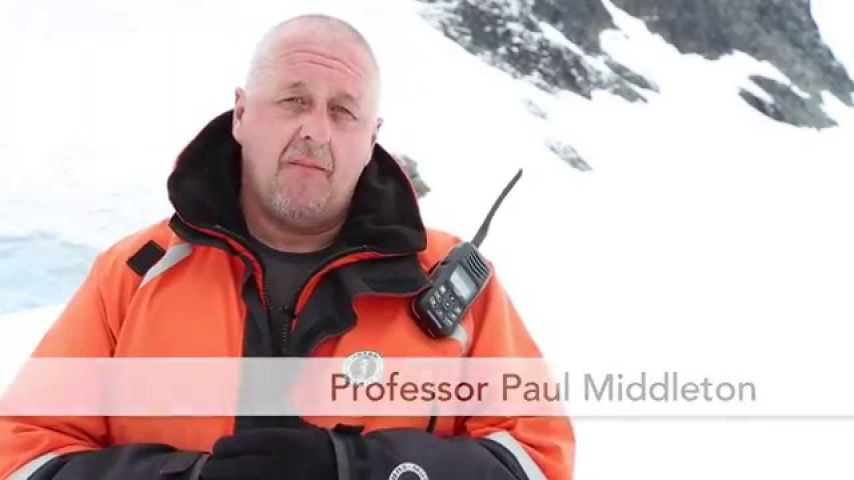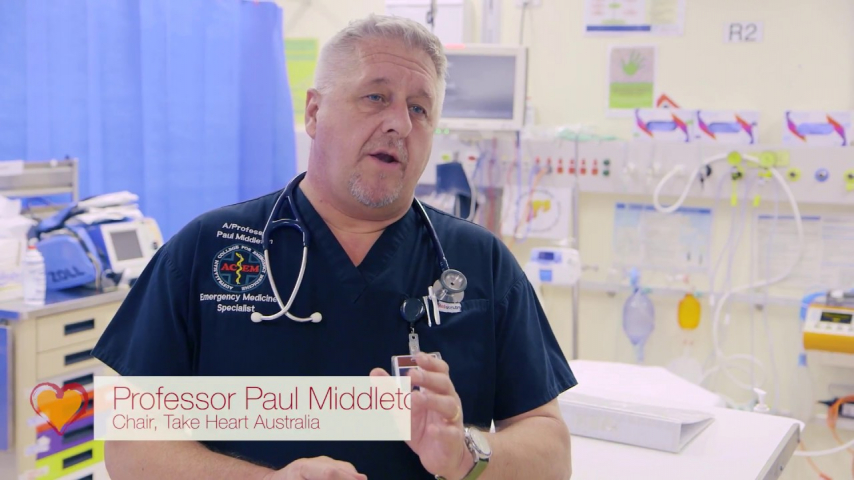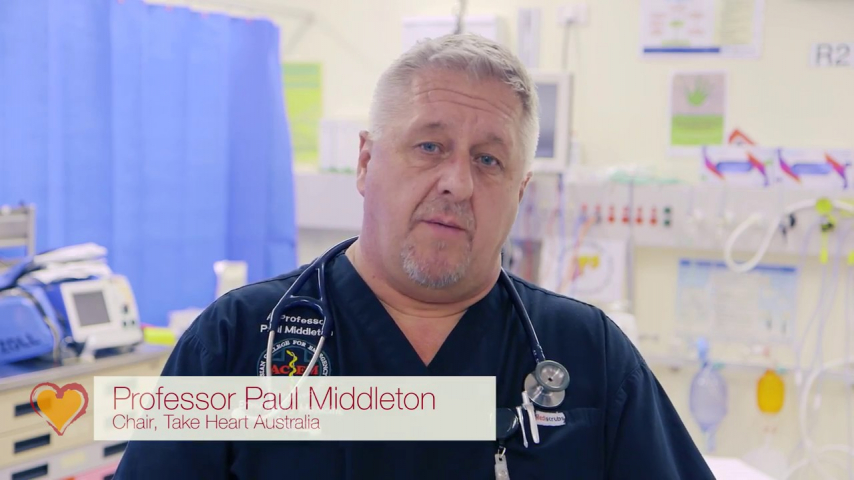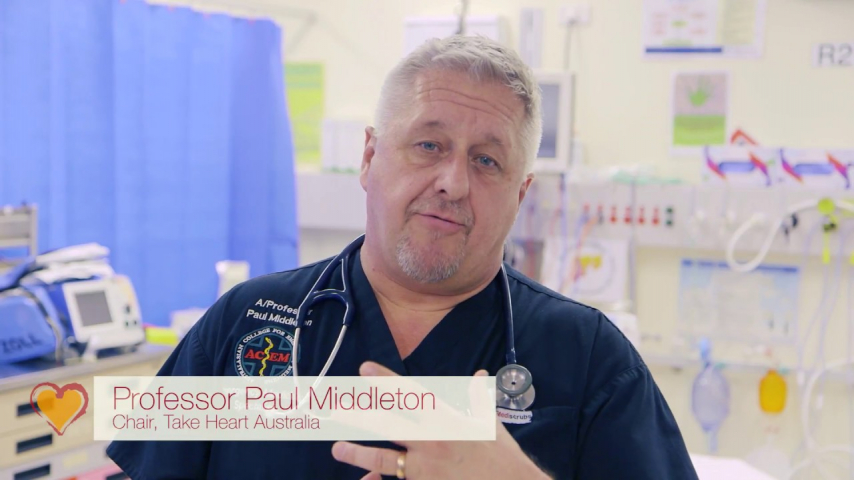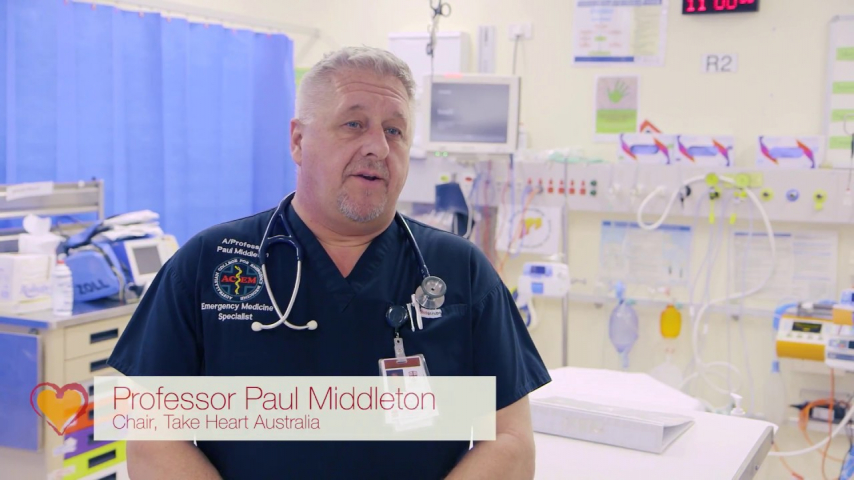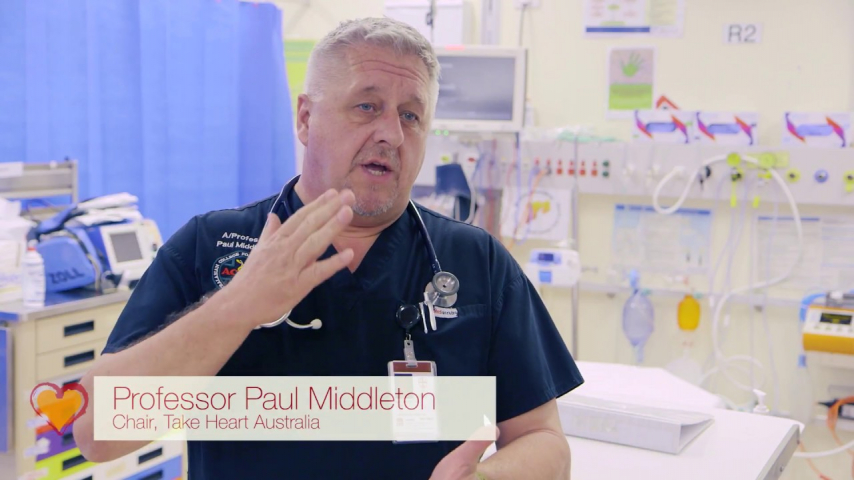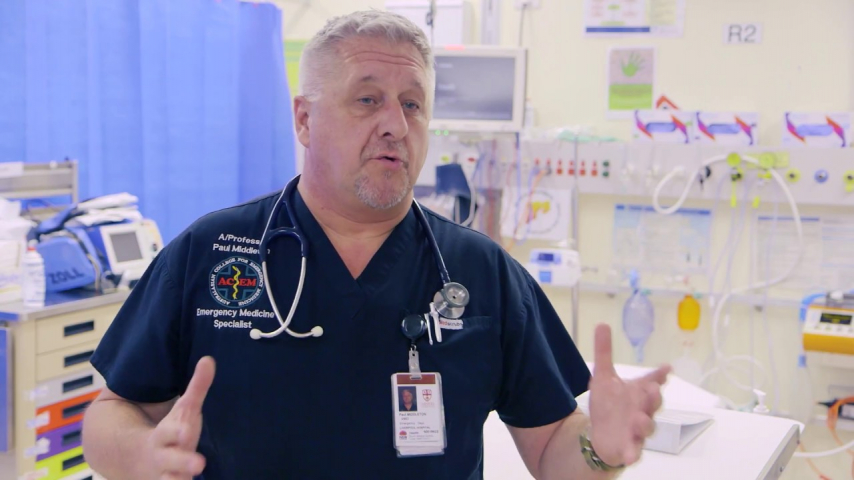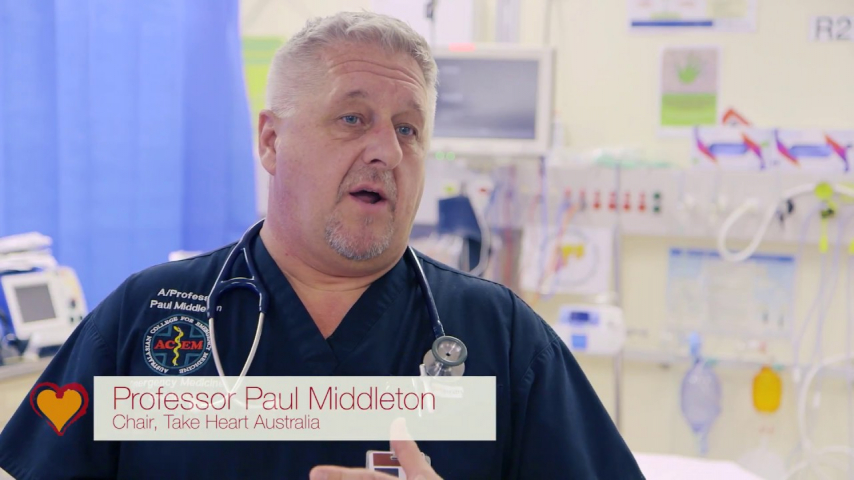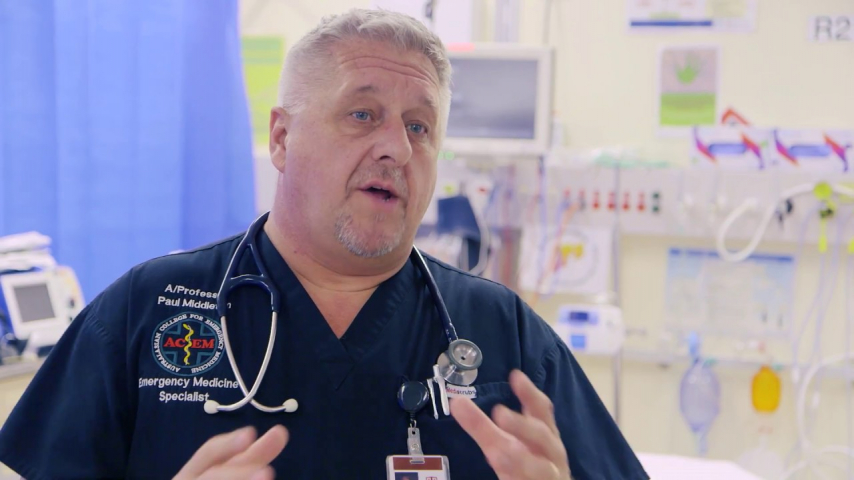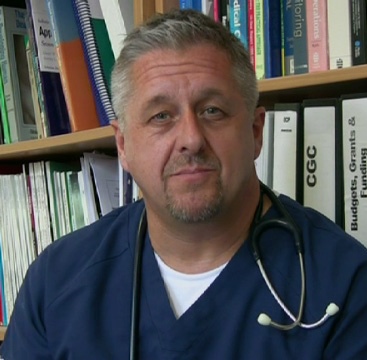
My Expertise
Emergency medicine, cardiac arrest, resuscitation, trauma, health systems, prehospital care
Keywords
Fields of Research (FoR)
Emergency medicine, Epidemiology, Data engineering and data science, Artificial intelligence, Health systems, Medical biotechnology diagnostics (incl. biosensors), Artificial life and complex adaptive systems, Emergency Medicine, Intensive Care, Clinical Sciences, Medical Physiology, Public Health and Health Services, Biomedical Engineering, Cardiology (incl. Cardiovascular Diseases), Medical Biotechnology Diagnostics (incl. Biosensors), Signal Processing, Other Artificial IntelligenceBiography
Conjoint Professor Paul Middleton is a senior specialist in prehospital and emergency medicine, and has worked as part of prehospital trauma and helicopter critical care retrieval teams in both the UK and Australia. He is the Director of the South Western Emergency Research Institute (SWERI) and Senior Staff Specialist in Emergency Medicine at Liverpool Hospital, the largest hospital with the busiest ED in New South Wales, and one of the...view more
Conjoint Professor Paul Middleton is a senior specialist in prehospital and emergency medicine, and has worked as part of prehospital trauma and helicopter critical care retrieval teams in both the UK and Australia. He is the Director of the South Western Emergency Research Institute (SWERI) and Senior Staff Specialist in Emergency Medicine at Liverpool Hospital, the largest hospital with the busiest ED in New South Wales, and one of the leading trauma centres in Australia. Former roles include several years as Medical Director of the Ambulance Service of NSW, founding Director of the Ambulance Research Institute, Chief Medical Officer to St John Ambulance, Australia and Founding Chair of the Emergency Department Epidemiology Network (EDEN) for the Australasian College for Emergency Medicine (ACEM).
He is Immediate Past Chair of the NSW branch of the Australian Resuscitation Council and spends a lot of time teaching doctors, nurses and paramedics how to treat serious illness and injury in adults and children, and was the author of What To Do When Your Child Gets Sick, a book written to teach parents and other carers how to recognise sick and injured children. Paul holds various academic posts and is a Fellow of the UK Royal College of Emergency Medicine (RCEM), the Australasian College for Emergency Medicine (ACEM), the Royal College of Surgeons of England (RCS Eng) and the Australian College of Paramedicine (ACPara).
Paul's MD degree from Imperial College, London was researching the use of pulse oximetry waveform analysis in the early diagnosis of critical illness, based on spectral decomposition and identification of autonomic control elements; he also holds a Master of Medicine in Clinical Epidemiology. Paul's current research interests are broad, and include machine learning and other forms of artificial intelligence, health systems research, early diagnostic strategies in critical illness, shock, cardiac arrest, emergency medicine epidemiology, geriatric emergency medicine, cognition and error in emergency medicine and data visualisation in patient monitoring.
My Qualifications
RGN, MBBS, DipIMCRCS(Ed), MMed(Clin Epi), MD, FRCS(Eng), FACPara, FRCEM, FACEM
My Research Activities
I am the Director of the South Western Emergency Research Institute (SWERI) at Liverpool Hospital; in our institute we perform emergency medicine and critical care clinical epidemiology, multicultural emergency medicine epidemiology, and clinical research. Our clinical research activities include fluid bolus therapy, pain measurement and management, innovative monitoring and diagnostic methods including pulse oximetry waveform analysis, airway interventions, lung-protective ventilation of anaesthetised patients, simulation, severity of illness scoring, sepsis, major trauma, coagulopathy and thromboelastography, and geriatric emergency medicine. We also have active interests and collaborations in the areas of the psychology of high-risk cognition and medical decision-making, diagnostic strategies and complex adaptive systems and non-linear interactions in emergency medicine department function.
My Research Supervision
Areas of supervision
Epidemiology, emergency medicine research, critical care research, artificial intelligence
Currently supervising
Honours in emergency medicine epidemiology
Contact
Publications
ORCID as entered in ROS
Videos
